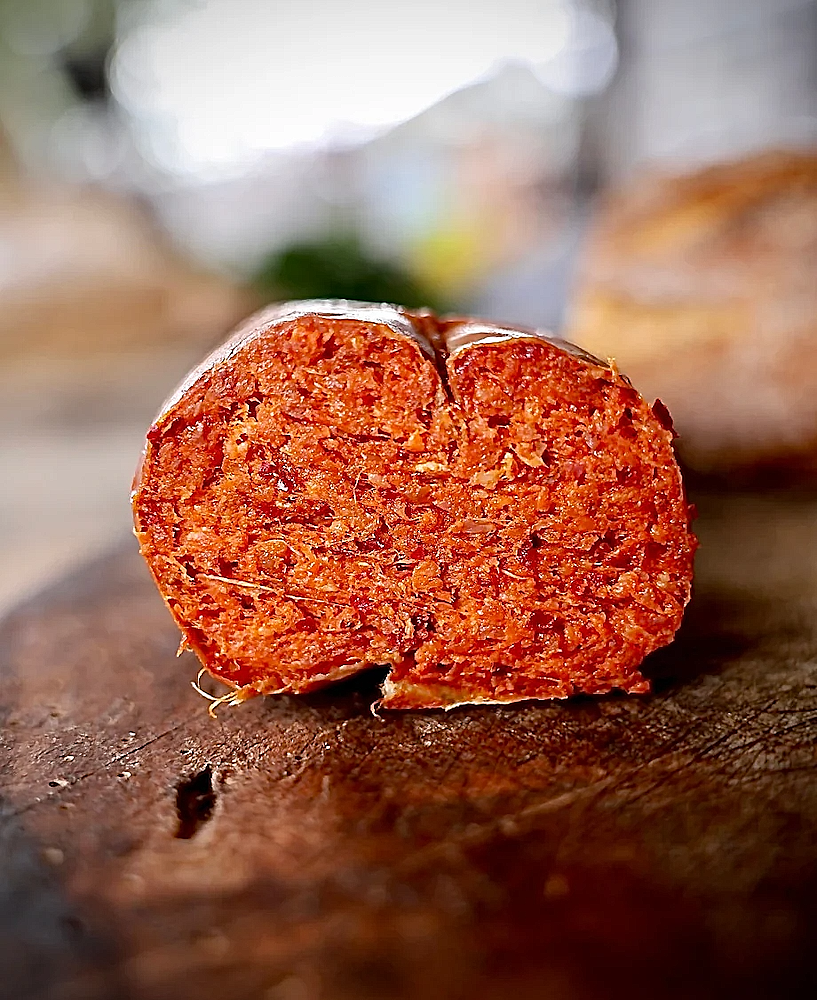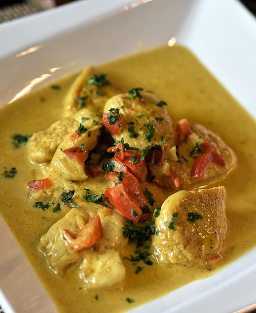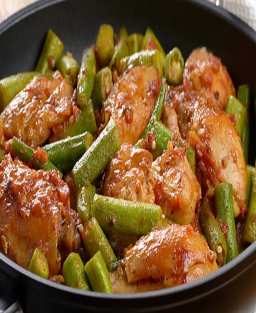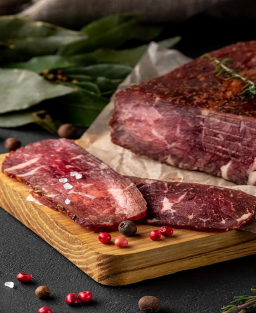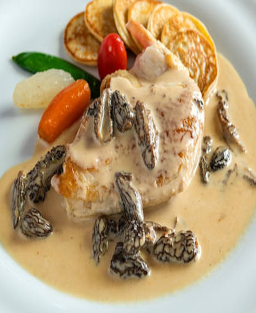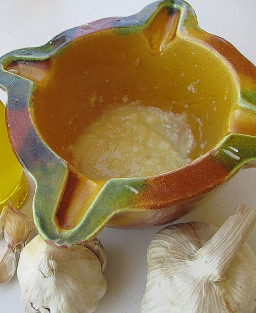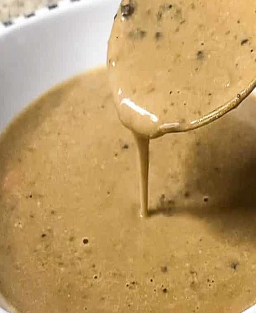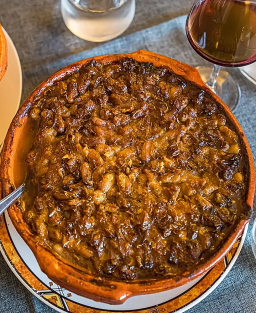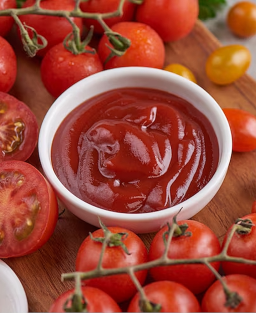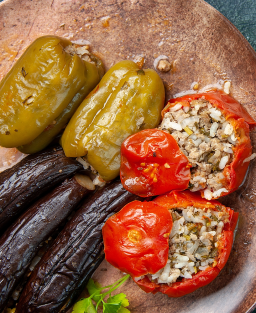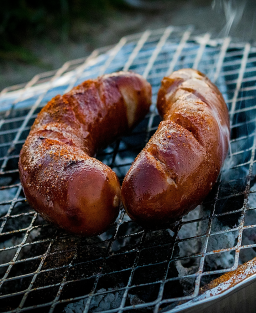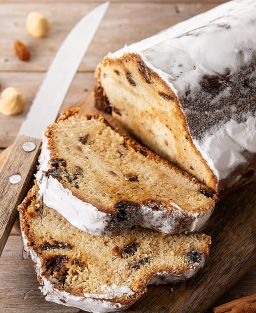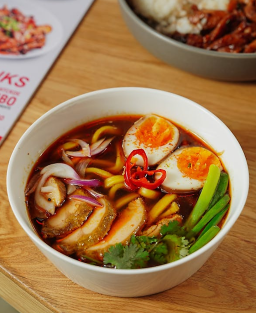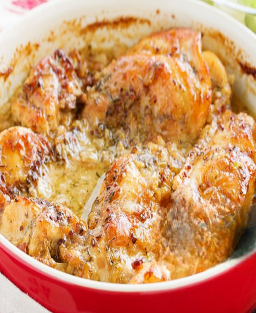- Out-of-Stock
Traditional Soft ’Nduja Sausage Recipe – Very Spicy (Calabria, Italy)
Traditional Soft ’Nduja Sausage Recipe – Very Spicy (Calabria, Italy)
What is ’Nduja?
It is a soft, fermented sausage made with pork (especially fat, which is essential), lots of Calabrian chili peppers (a mix of sweet and hot dried and ground peppers), salted, and sometimes smoked. It is raw, spreadable, highly aromatic, and spicy, eaten on bread or used to flavor sauces and dishes.
Ingredients (for about 1 kg of ’Nduja)
-
700 g fatty pork (belly, bacon, or well-marbled shoulder)
-
300 g lean pork (shoulder or loin)
-
200 g dried Calabrian chili peppers (preferably a mix of sweet and hot) finely ground — amount can be adjusted according to desired spiciness
-
25 g salt (approx. 2.5 %)
-
5 g ground black pepper
-
2 garlic cloves finely chopped (optional)
-
Natural pork casings (very thin, for the soft texture)
-
A little red wine (optional, for fermentation)
Preparation
1. Preparing the chili
Traditionally, dried Calabrian chili peppers (Capsicum annuum) are used, ground to a fine powder.
The proportion can be adjusted according to the desired heat (this recipe is for a very intense flavor).
2. Preparing the meat
Chop the lean meat and the fat separately (ideally with a coarse grinder to retain some texture).
Mix the lean meat with the fat.
Add salt, pepper, chopped garlic, and ground Calabrian chili, mixing thoroughly until a homogeneous paste forms.
3. Incorporation and maturation
Add a little red wine (a few tablespoons) to encourage natural fermentation.
Knead the mixture well, then cover it.
Let it rest in a cool place (ideally 10–15 °C) for 1 to 3 days to start the fermentation.
4. Stuffing
Rinse and prepare the natural casings.
Fill the casings with the mixture to create soft sausages, but not too tightly packed.
Tie sausages every 10–15 cm.
5. Fermentation and curing
Hang the sausages in a cool, ventilated, and slightly humid place (12–16 °C, 70–80 % humidity).
Allow them to ferment and dry slowly for about 3 to 6 weeks, depending on temperature and humidity.
The ’Nduja should remain soft and spreadable, not dry.
Usage tips
’Nduja is usually eaten raw, spread on bread.
It can be incorporated into tomato sauces for pasta, pizzas, or used to spice up stews.
The longer it ages, the more intense its aromas develop.











